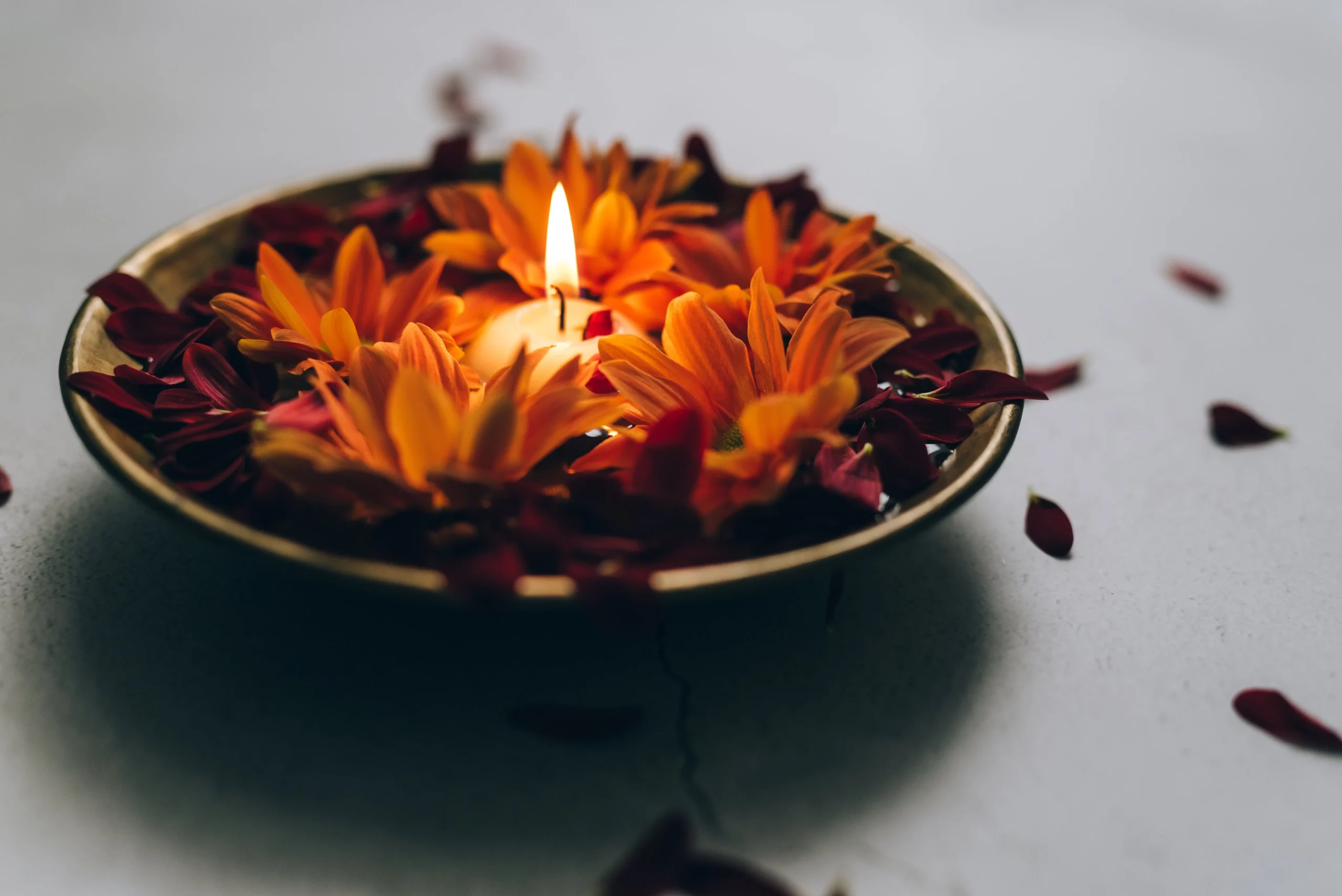You can express your emotions, write down dreams or ideas, and reflect on your daily life in a secure, private setting by keeping a journal. There is no one set method for keeping a diary, but there are certain simple techniques you may use to make the most of your writing. Using starters like motivational quotations can help you start fresh entries if you’re stuck for ideas. Your thoughts, feelings, and opinions about anything—from job to school and everything in between, can be kept private in a diary.
Start Diary Writing by Following 10 Steps
How to start writing a diary? What are the things to write in a diary? There is no correct or incorrect approach or things to write in a diary. Everything comes down to personal liking and what works for you. However, I hope the following advice and tips on How to start writing a diary will help you get started.
- Choose the type of diary that you desire.
A good diary will motivate you to write every day, so it is important to choose it wisely. You don’t have to limit yourself to maintaining a diary on paper; there are many different solutions available. You can utilize a private, password-protected website or blog in addition to keeping a traditional paper diary. You may also just use a computer document.
Paper notebooks allow you complete control and privacy, but without making copies, you won’t have a backup alternative. Remember that anything you keep online can be hacked, so even if your online journal is password-protected or secret, there’s still a chance someone could access it.
- Ask yourself- WHY?
Before finding the answer to ‘How to start writing a diary?’, you must be clear with ‘why.’ Why do you want to keep a diary, you could ask yourself? – The importance of diary writing. Understanding why you want to keep a journal is the first step at the beginning of writing one. Maybe you want to start a new task, or maybe you just need a way to put your ideas down on paper. In either case, knowing why you want to keep a diary will help you choose the kind that’s best for you.
Things to write in a diary-
- A regular diary- about routine tasks that you do
- A food diary – about various food items (if you are foody)
- A business idea diary – if you get business ideas and love to gather them somewhere
- A creative writing diary- if you want to write your poems, articles, etc
- A Travel diary – if you like to keep a record of places you travel.
It’s critical to keep in mind that journals are designed to be personal and private. This is a fantastic way to keep track of your daily thoughts and experiences. Journals can also be used to keep track of past objectives or goals that you have made. Blogging is a fantastic additional alternative to journaling. Through their own personal blogs, people from all over the world may communicate with one another and share thoughts and experiences.
- Establish a schedule.
Set aside a particular time each day to write if you want to be sure you do it. Perhaps you prefer to write about the previous day first thing in the morning, or perhaps keeping a diary helps you decompress. It is more crucial to write every day than it is to write when. You can use your smartphone or your watch to set a reminder to write every day at the same time to ensure that you keep to your writing schedule.
You could struggle to write on certain days, while on other days, you might feel as though you could write nonstop. Your writing will have structure and become simpler to include in your daily routine if you set a time restriction. Start by setting aside ten to fifteen minutes daily. You can always lengthen your writing sessions if you discover that you are constantly pressed for time.
Pick a place to write. You may maintain your commitment to writing consistently by setting up your workspace the same way every day. It will establish a pattern and offer your work even more structure if you write in the same spot each day. As long as you always write in the same location, it doesn’t matter where you do it—it might be a room in your house or a coffee shop.
- Start with a poem or quotation.
A fresh, blank journal can be a little scary to sit down in front of. If you’re having trouble, begin by writing down one of your favorite poems or phrases. This can provide you with inspiration and relieve some of the pressure to start writing in your diary right away.
- Make brief entries.
Every time you sit down to write in your diary, you don’t have to write pages and pages. It’s sufficient to summarise your day in one paragraph, especially when you first begin writing.
However, you’re not required to write brief entries all the time. You might discover that you have a lot to say about your day or a specific incident once in a while. In some circumstances, lengthier entries are acceptable.
- Simply write what you did in your entire day.
If you struggle with what to write in your diary, then one of the best things to write in a diary is about your day. Consider everything that occurred that day, then write down any memorable moments or sensations. Even if your day was pretty typical, you might be surprised by the more profound ideas and emotions that surface as you write out the specifics of your day.
For example- you can write what you did and what small changes you want to make in your daily routine. Or what new habits do you wish to learn?
- Think about your future objectives and how you plan to attain them.
List both your immediate and long-term objectives. After that, go through each item on the list and describe your strategy for achieving each objective in-depth. Making each goal into manageable small targets will help you feel less overwhelmed by your objectives.
You could, for instance, discuss short-term objectives like attending the yoga class or studying for your next test.
Long-term objectives include things like selecting and applying to your dream institutions or setting aside money to buy a house.
- Make your entry format unique (date, time, headlines),
Additionally, think about your everyday activities and what you want to read in the diary. As a template for your entry format, it is a good idea to set down your daily schedule.
If you have a lot of activities, you might wish to divide them up using headlines into various categories. Perhaps you set out time for introspection at the end of each day or schedule it for specific days. You should think about how often you can write and whether you like to write in the morning or at night.
You should also select a writing paper that is the proper size and style (diary). Think over whether a lined or plain paper is preferable for writing and whether you want to use a particular notebook or free printable diary pages.
- What would you write if no one reads your diary?
The majority of people keep diaries, either physically or digitally. Even while they might not write in it every day, when they do, the odds are good that they will discuss the events of the day.
Writing as if no one would ever read your journal is one of the best starting diary recommendations. This is yet another way of expressing that writing should take priority over-editing. Your diary belongs to you alone. You are free to write whatever you wish.
- Draw, doodle, be creative, and remove all restrictions on yourself.
Don’t set any restrictions if you want to finish the project of learning how to start a diary. Even if your diary is an online one that mostly focuses on written language, give yourself permission to express your creativity there. You can unwind and free up your thoughts to concentrate on the diary, its contents, what to write, or how to express yourself by drawing and doodling.
You can write anything you choose in a diary or journal because there are no guidelines for doing so. You could, for instance, choose a black-and-white dairy, but if you feel more inspired to use colored pens or markers, go for it!
This will give you a quick boost to start writing a diary
When considering how to begin a diary, keep in mind that you are recording your personal history. This means that you are preserving memories for the future so that you can look back on them in the future and more vividly remember the occurrences.
You must dedicate yourself if you want to be able to keep a journal and benefit from it. Choose a suitable time of the day to write your diary.
However, once you choose a time, make an effort to adhere to it. To adequately express yourself and not just write down the bare bones of what transpired during the day, make sure to do this at the same time each day if at all feasible.








